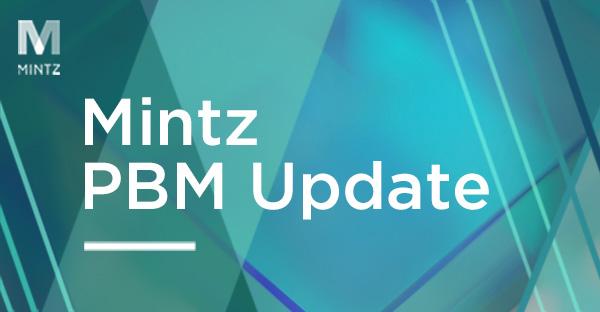FTC Watchdog Monitors Competitive Implications of Surveillance Pricing
Exactly two weeks after issuing an interim staff report on Pharmaceutical Benefit Managers (PBMs) pursuant to its Section 6(b) authority to study markets, the Federal Trade Commission (FTC) has initiated another 6(b) study relating to “surveillance pricing” products and services and their potential impact on privacy, competition, and consumer protection.
Section 6(b) of the FTC Act equips the Commission to initiate broad investigations of markets without a specific law enforcement purpose by issuing “special orders” to industry participants.[1] 6(b) study special orders have the look and feel of a subpoena and are backed by compulsory process—allowing the FTC to collect voluminous documents and data and produce reports meant to aid law enforcement agencies and policymakers in better understanding certain markets.
The Commission voted unanimously to issue the orders regarding the “opaque market for products by third-party intermediaries that claim to use advanced algorithms, artificial intelligence and other technologies, along with personal information about consumers—such as their location, demographics, credit history, and browsing or shopping history—to categorize individuals and set a targeted price for a product or service.” The special orders were issued to eight firms that the FTC claims offer products and services that incorporate data about consumer behavior. This move follows the FTC’s recent position that firms cannot use artificial intelligence pricing algorithms to evade antitrust scrutiny.
Commissioners Ferguson and Holyoak both wrote concurring statements. Commissioner Holyoak primarily took issue with the negative connotation associated with the Commission’s characterization of these practices as “surveillance pricing” and the possibility that the initiation of a new 6(b) study could disrupt or delay any final staff report in the PBM 6(b) study.[2]
Commissioner Ferguson noted that the study is aimed at understanding how firms use the “massive trove of personal data” generated by consumers online to charge different consumers different prices for the same product. He also echoed Commissioner Holyoak’s sense of urgency with respect to the completion of the PBM 6(b) study and reasoned that 6(b) studies do not have to reveal illegal conduct to be useful for law enforcers and policymakers. Commissioner Ferguson also noted that surveillance pricing practices may be in their nascency or already pervasive to the extent the Commission needs to catch up on their potential anticompetitive effects.
The special orders seek information regarding four major areas of interest, including (1) the types of surveillance products and services being offered and the technical implications and intended uses of this technology, (2) the data sources, collection methods, and platforms and methods used to collect this consumer data, (3) information about customers’ use of surveillance pricing and their plans for the use of this information, and (4) information regarding the impact of these practices on the prices consumers pay.
It is unclear when the report will become available to the public, though 6(b) studies can take years to complete. The interim staff report in the PBM 6(b) study was released over two years after the FTC launched the initial inquiry. Other recent 6(b) studies have focused on the competitive impact of supply chain disruptions in consumer goods and the shortage of infant formula. As we have seen with the PBM 6(b) study, the FTC may have trouble compelling full compliance with the 6(b) orders and getting the documents and data from the eight companies necessary to write a comprehensive report. It could be years before the Surveillance Pricing 6(b) study report is released.
The Mintz Antitrust Practice monitors FTC policy and law enforcement actions and is equipped to handle compliance with FTC compulsory process. If you have a question about 6(b) studies or other FTC matters, please contact the individuals listed above or your regular Mintz attorney.



